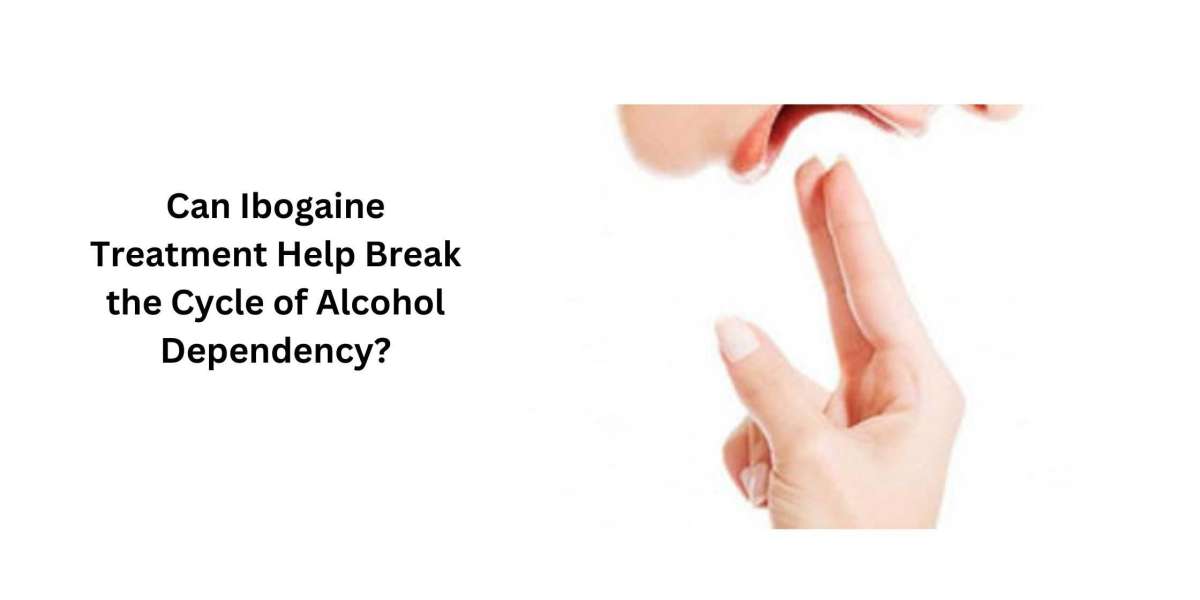How Ibogaine Works with the Body?
Ibogaine interacts with various receptors in the brain, particularly those tied to dopamine, a key player in the brain’s reward system. Unlike conventional treatments, Ibogaine doesn’t simply mask the symptoms of withdrawal or reduce cravings—it may offer deeper insight into addiction’s root causes. People often report that Ibogaine’s effects allow them to confront deeply ingrained habits and thoughts, potentially creating a mental reset.
During an ibogaine treatment for alcohol addicts, the brain undergoes a series of reactions that may lessen the drive toward alcohol. This process is complex, involving interactions with NMDA receptors and opioid receptors. Although more research is needed, these interactions could be why some people report that Ibogaine helps them feel a sense of detachment from their cravings.
Potential Benefits Beyond the Initial Experience
Ibogaine’s effects aren’t always limited to the hours of the experience itself. Some individuals feel a lingering impact on their outlook, possibly making it easier to avoid alcohol even after the treatment. This effect is sometimes described as a shift in perspective, giving users a renewed sense of motivation and self-awareness.
However, Ibogaine isn’t just a one-time cure-all; its benefits often hinge on follow-up actions. Those who commit to counseling, therapy, or support groups after their Ibogaine experience may find it more effective. Combining ibogaine treatment for alcohol with a structured support plan appears to improve the odds of maintaining progress.
Considering the Risks and Finding the Right Setting
Ibogaine is no quick fix, and it’s essential to approach it with caution. Like any powerful substance, it carries potential risks, especially for those with underlying heart issues. For anyone considering Ibogaine, choosing a medically supervised treatment setting is crucial. A professional environment provides the support and monitoring needed to navigate the experience as safely as possible.
Since Ibogaine is currently classified as a Schedule I substance in the United States, those seeking this treatment often look to countries where it’s legally administered. Researching and selecting a reputable clinic, often in places like Mexico or Canada, may help ensure a more positive and safe experience.
Is Ibogaine Right for You?
While Ibogaine may hold promise for some, it’s not for everyone. Those interested should weigh the potential benefits and risks carefully and seek advice from addiction specialists. Ibogaine may help certain individuals find a sense of relief and clarity, but it’s most effective as part of a broader strategy.
Finding sustainable sobriety is rarely about one single treatment or quick fix. It’s about piecing together a variety of tools, practices, and support systems. For some, ibogaine treatment for alcohol may be one of those tools, giving them the reset they need to keep moving forward in their recovery journey.











